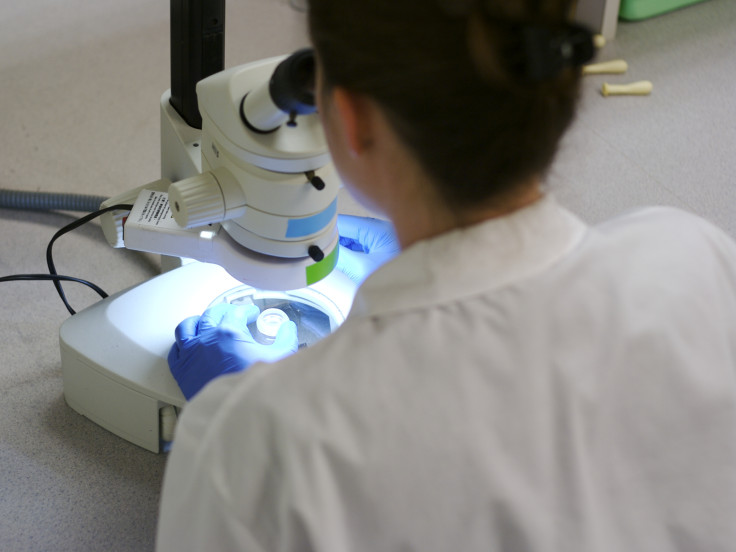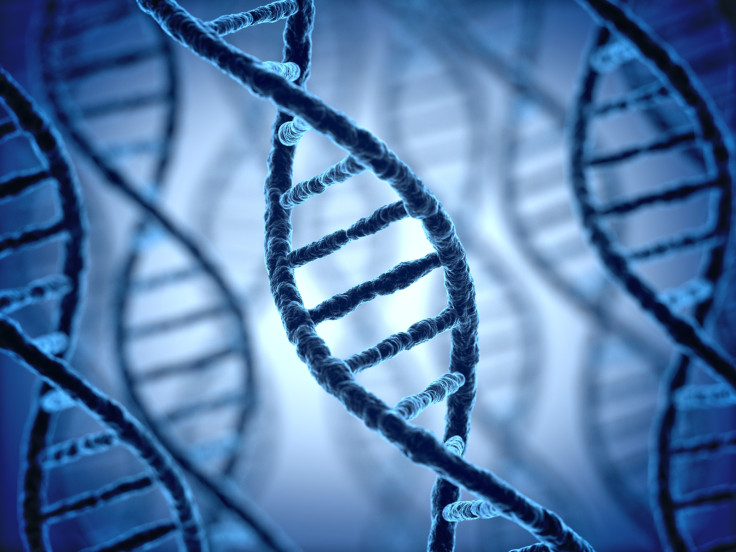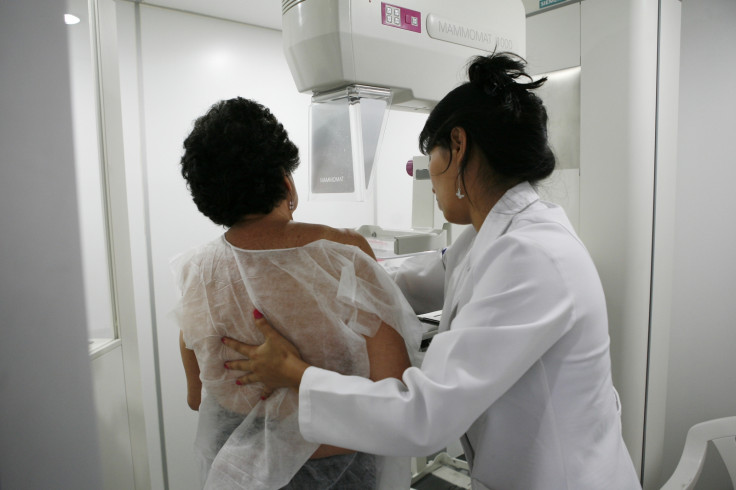How can commercial genetic company 23andMe help cancer research?
Over-the-counter genetic testing is becoming popular and is frequently used in genome-wide studies.

100,000 every year – that's the number of non-melanoma skin cancers diagnosed in the UK, making it a very common cancer. The recent news that novel susceptibility regions of the genome had been identified for basal cell carcinoma – the most frequent type of skin cancer – was thus without surprise hailed as a positive advancement.
Conducted by researchers from Stanford University, the research has a specificity: it is based on data collected by commercial genetic company 23andMe.
For £125, and after obtaining a sample of your saliva, the company can tell you about your DNA, identifying genetic risk factors, as well as a number of other genetic traits and inherited conditions.
However, the data collected also serves another purpose, providing you agree to it: it may be used in large genome-wide association studies to identify new regions of the genome associated with diseases (this option is available in the US but not the UK).
The recent study on skin cancer identified 31 genetic associations for the disease using 23andMe customers' information. It confirmed 17 from previous studies, and discovered 14 others.
To come up with these findings, the scientists analysed the genetic data of participants who reported having been diagnosed with basal cell carcinoma. About 17,000 cases and nearly 290,000 controls were included to identify links between the disease and SNPs – DNA copying errors that are the most common type of genetic variation. The scientists say that taken together, the 31 genetic associations identified may explain as much as 11% of the familial relative risk for basal cell carcinoma.
"Basal cell carcinoma treatment is usually effective and our discovery is less likely to yield better treatments, but it could enable more aggressive surveillance and prevention strategies for people who are at high risk based on their genetics", Dr David Hinds, Principal Scientist, Statistical Genetics at 23andMe, told IBTimes UK.

Over-the-counter genetics testing like 23andMe offers, is likely to be used more and more in future studies similar to this recent one, helping scientists improve their knowledge of diseases. But how far can it can really lead to a real breakthrough in cancer research and help patients is still a matter of controversy among scientists.
A powerful tool for large-scale studies
23andMe can be a powerful tool for researchers seeking to understand the genetic determinants of a disease. Indeed, it allows them to rapidly select data to conduct large genome-wide association studies, with a higher probability of identifying meaningful genetic associations.
"Our research model allows our customers to easily participate in research and allows us to quickly recruit large numbers in a way which would have been impossible with traditional research methods. This is positive since we have learnt from past genetic research that large sample sizes are required for robust results. With large samples like the ones we have access to, it is much easier to detect how genetics contributes to disease", Hinds points out.
Coming up with large samples is always challenging, but it would be wrong to say that 23andMe is alone in its ability to provide cancer researchers with big sets of data. Cancer Research UK's senior science information officer, Dr Justine Alford, suggests 23andMe's added-value may not be as significant as the company says.
"The more data scientists have access to the better. But there are already a couple of really big projects which are collecting a lot of data, such as the International Cancer Genome Consortium, using standardised techniques and working with scientists around the globe. It is difficult to know if commercial genetic companies can offer anything extra", she told IBTimes UK.

The way 23andMe collects data – in a majority of cases by letting people come to the company with a genetic test request – also makes it more complicated to obtain data about very severe diseases. Indeed, severely ill patients may have other preoccupations than going through a genetic test.
"23andMe data is a particularly good tool to study common diseases, since these will be common among our customers. For less common or rare diseases, we would have less data to work with from our regular customer base, though we have programs to actively recruit patients with specific diseases, for instance our Parkinson's disease community", Hinds says.
An SNPs story
To identify genetic risk factors in specific cancers, 23andMe's scientists mainly focuses on identifying SNPs. "Most of the data we test across the genome are SNPs. This is because we have good tests for this, which are cheap and quick to do. We also know from previous studies that SNPs explain a large proportion of a person's genetic risk", Hinds says.
But SNPs do not explain the full genetic risk that a person may have. They are not enough to accurately predict whether someone will develop a cancer, even though their presence can justify increased medical surveillance.

"Identifying SNPs is interesting as it can give us an idea of genetic changes that are linked to cancer, but unfortunately the SNPS found using 23andMe data can't tell you how much the risk of cancer is raised. You may have discovered five SNPs that collectively raise the risk of cancer, but if a person has only one of these, it is not possible to say whether they really have a high probability of developing the disease", Alford says.
"It can be interesting, as you might be pinpointing a potential genetic cause that had not been identified before and this could lead to further research, but there is only so much you can glean from such studies."
Furthermore, research based on 23andMe data do not always take into account the role played by environmental factors. The company does ask its participants questions about their lifestyle. However, all their answers are self-reported, and without access to medical records, there is no way to prove their accuracy.
Ethical debate
Yet, the most heated debate regarding 23andMe has not been about participation to scientific research but about ethics. Some health professionals are concerned that telling people about their genetic risk without providing them with genetic counselling or other kinds of support is going to make them unnecessarily anxious."We do not include genetic counselling as part of our service, but we do provide links to genetic counselling service providers for customers who need more support", Hinds says.
To 23andMe's credit, studies have been done to assess the effects that knowing such information can have on people. One has found that people were not substantially more worried when they learn about their genetic risks.
It is even a possibility that knowing about their risks leads individuals to take better care of themselves to avoid developing the disease – potentially reducing mortality and thus leading to progress in the fight against cancer.

But in most cases, no specific prevention strategy exists, meaning the disease might develop anyways. "If someone has a specific SNP that raises the risk of cancer but no intervention or prevention strategy exists, what good is there in telling people? If someone knows they have the mutated BRCA gene associated to breast cancer, there can be a real value in knowing, because you can take preventive treatment or go through preventive surgery but this is quite a rare case. In general, there are no specific prevention strategies that can be implemented if you have an increased genetic risk for another type of cancer", Alford says.
In the end, it is up to you to decide if you can live with this information. As for 23andMe's added- value to research, there clearly is a potential, but it still fails to generate enthusiasm in the whole scientific community.
© Copyright IBTimes 2025. All rights reserved.






















